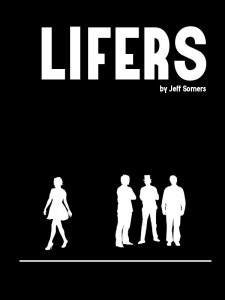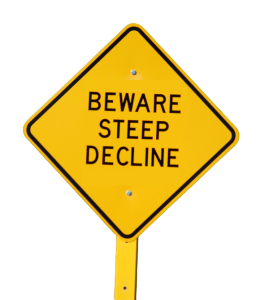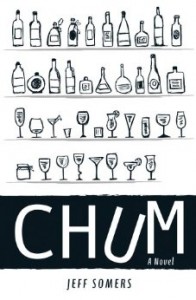
BUY ME
So, as mentioned previously, in August I’ll be presenting a seminar on plotting a novel, much to the horror of many, many teachers, scoutmasters, and other authority figures I’ve known throughout my long-departed youth. To say that many people expressed doubt about my abilities to succeed in life would be an understatement. That happens when you discover alcohol at the age of thirteen and immediately take up residence on street corners for lengthy periods of time.
Still, I showed them! I am on the agenda of a major writing conference. Of course, this makes me sweat: As we all know, I take a certain, shall we say, casual approach to life in general. How do you teach something when your process involves getting blackout drunk and then being vaguely surprised at what you find in the morning?
ENTER CHUM
Well, I’ve been looking back on my mighty works and considering how I actually plotted them out. Chum was written (in its original form) in 2003, taken on by my might agent in 2004, re-written a few times along the way, and sold to Tyrus Books in 2013. With a story like that, it can’t be surprising to hear that the plot process on this book was complicated, mainly because I never really considered plot at all.
Chum is, I think, an unusual book: It has a transforming event buried in there, the Big Moment that everything revolves around, but it doesn’t really follow any recognizable model for plot at all. There’s really no rising action, no denouement. It’s told from various points of view and various moments in time, and the points of view vary wildly in states of inebriation and information.
So how did I plot this? I didn’t.
I started off, as usual, with a vision: The opening scene, which is fairly innocuous and humorous, with a slight spice of ominous — and then I saw what the Big Event was. From there, I simply slipped into the heads of my characters and explored what they might have seen, inferred, or eavesdropped, and what would happen to their relationships as a result.
It’s actually an approach to writing that I attempted once before, when I was much younger, in a novella titled “Shadow Born” (let’s not mock me and my titles; I will stipulate that my love for faux-poetic titles is awful and horrible and I am trying to be better about it, promise). The older novella was the story of a rape at a college party and explored how people hear about it, suspect it’s happened, and react to certain knowledge of it. It wasn’t entirely successful, and today feels like Juvenilia, but it felt like there was power in that engine.
Results May Not Be Verifiable
I don’t employ this kind of narrative trick often, because it’s more likely to collapse into a heap of chaos than yield a tight, interesting novel. Chum works because the characters came to life – at least to me, although I now have a few other people, some of whom paid me money, who seem to agree. If the characters had seemed flat or boring, we would have been in a lot of trouble. As a result, this isn’t really an approach I can recommend to newcomers to the novel game – although hey, you never know.
Other novels I’ve plotted differently, including a lot of “Pantsing” and a bit of “Plotting,” though the latter is usually only when I’m forced to. Both have worked for me, but I have to say: Plotting Chum was probably the most fun I’ve ever had plotting a novel out.
These days my plot technique involves alcohol and guesswork. And cats. Cat butts on my keyboard seem to be the secret sauce for my recent novels, actually.


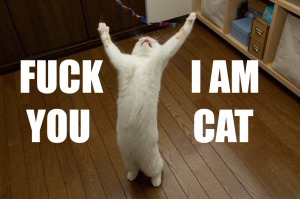


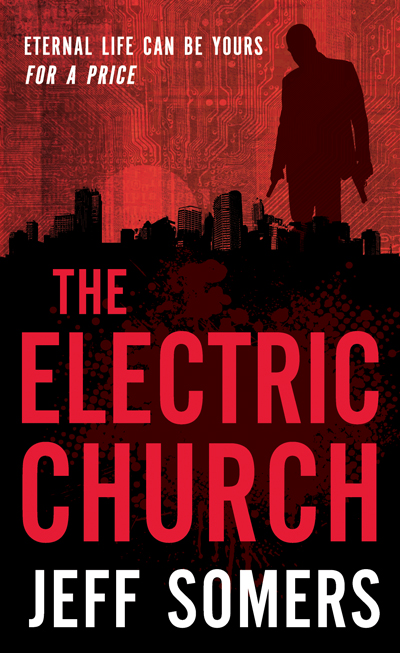 Right, we all know the drill now, right? I’m giving a plot seminar at The Writer’s Digest Annual Conference (
Right, we all know the drill now, right? I’m giving a plot seminar at The Writer’s Digest Annual Conference (